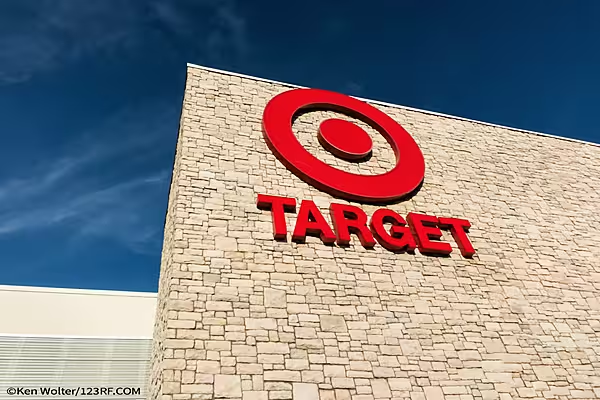Amazon.com Inc. built a web-retailing empire by persuading consumers to pay for books, electronics and other merchandise online. Now it's targeting the next generation of shoppers.
Amazon Allowance, which recently debuted without much fanfare, lets people set up monthly or weekly payments to credit their kids' - or anyone else's - Amazon account with a cash balance, like a gift card. That saves parents from having to find cash, write a check or a make a bank transfer, and gives the recipient a way to shop on the website without a credit or debit card.
The initiative is significant in a few ways. The e-giving (electronic gift card) market is projected to reach $14 billion in 2017, up from $6 billion last year, according to CEB, and U.S. retailers, including Wal-Mart Stores Inc., Target Corp. and JC Penney Co. have all made e-gifting a part of their strategy. It's also a way to get younger shoppers accustomed to buying things on Amazon. And with Apple Inc. and Google Inc. aiming to turn smartphones into digital wallets, Amazon needs to keep shoppers close.
"It’s part of a bigger play," said Brian Riley, principal executive adviser at CEB. "With things like Apple Pay and Google Wallet out there, getting into your customer's wallet is very important. This is one step in that direction."
Amazon account holders will be able able to set up one-time and recurring allowances for "family, friends, or employees that are age 13 and above," according to the website. The recipient must have an Amazon account (a parent or guardian will have to help set up an account for those under 17). People can also set up allowances for themselves to budget or save up for a purchase.
"Sending money to family or friends can be a frustrating process," said Manish Bansal, general manager of gift certificates at Seattle-based Amazon. "A lot of early customers are using Amazon Allowances as a way to budget - whether through one-time or recurring allowances. We’re also seeing parents using Amazon Allowances to send money to college kids who need help buying textbooks and dorm essentials."
News by Bloomberg, edited by ESM













